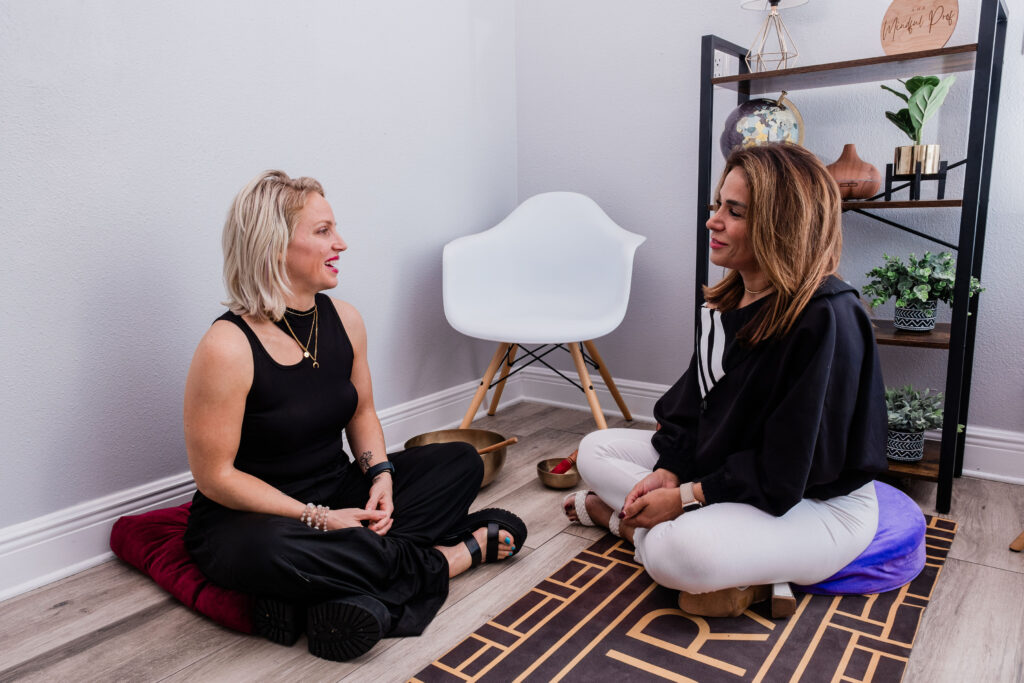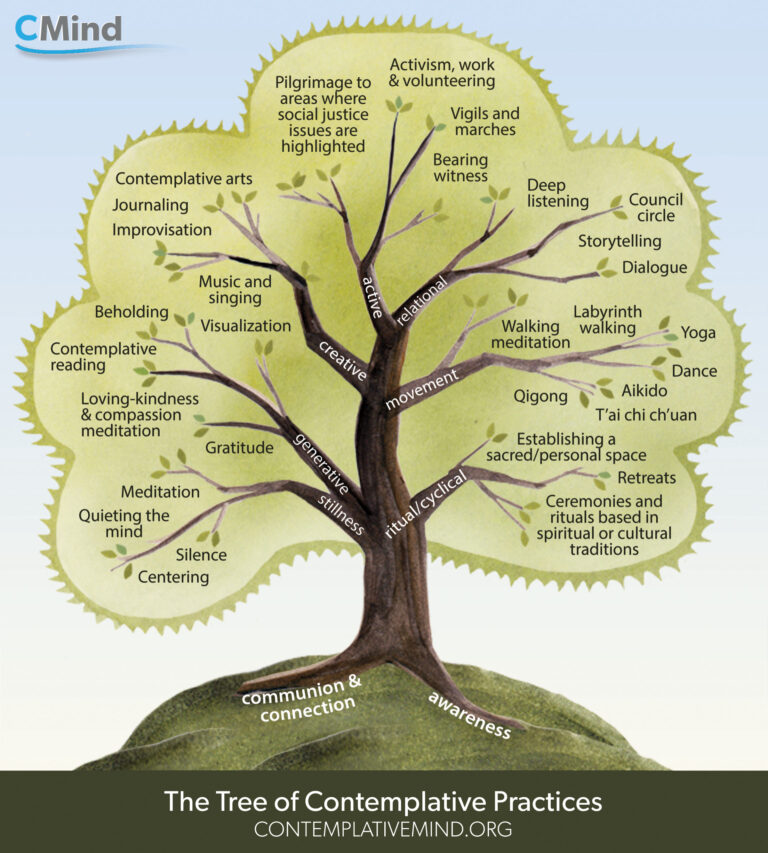
What Type of Coaching Is Best For You?
The Mindful Prof provides mindful coaching- where mindfulness and coaching meet. In mindfulness we learn to shift from doing mode into being mode. The ‘doing mode’ is typically characterized by stories, thinking, oriented towards past or future, automatic pilot and reactions or impulses. ‘Being mode’ on the other hand entails concepts like process, feelings, orientation to the here and now, intention and creative choice.
We incorporate varied modalities and have different coaches applying and facilitating somatic, contemplative, and mindful ways of being. Listed below are offerings available in person and online. To book please use the following options for either or Tampa, Orlando, or Online office locations- coaching offered in multiple locations with multiple coaches.

Types of Coaching Offered:
Somatic Coaching
One on one somatic coaching empowers YOU as the expert on you and your life. As such, you decide:
- what we are here for.
- where we want to end up.
In return, I help you tap into your innate intuition through somatic practices to bring out all of the brilliance, power, and clarity that is already inside of you. Upon intake, I will use survey and intake data to co-design a personalized somatic course to assist you in the tools we go over and experience during session.
Individual Somatic Coaching includes:
- A personalized coaching program that is available via google classroom.
- 24/7 messaging support
- Trauma Informed Sessions for Coaching Integration
What is Somatic Coaching?
Kids Coaching
Somatic coaching for Kids (17 and under) is mindfulness/meditation teaching for resiliency/adaptability and encouragement of client/student generated self/discovery. Similar to adult somatic coaching in that it incorporates holistic support in body, mind, and spirit.
We’ll work together to help you navigate the stresses of school, family, and friends, and you’ll learn powerful skills for life-long wellbeing. This type of coaching combines mindfulness practice and study skills instruction for students in grades 6-12. This course is designed for students of all ability levels. It is also beneficial for students who experience school-related stress and test anxiety. If more specified content tutoring is desired, I am also available for content integration of Social Studies and Literacy. Can be done in person or online.
Somatic Relationship Coaching
Research has suggested that mindfulness may help sustain and improve relationships. Allowing fuller presence in relationships, building trust and intimacy, creating compassion and gratitude, mindful listening and communication skills all may facilitate relationship dynamics.
For those that are interested in integrating contemplative practices into their partnership, sessions will be designed to cultivate intimacy through the use of compassion, empathy, and emotional regulation. This type of contemplative coaching is especially useful for couples.
Modalities of Practice at The Mindful Prof
Tools of somatic or contemplative practices are like doorways or portals that provide the ability to present moment transcendence, simple self-awareness that can allow you to mindfully be focused and aware of your deeper thoughts, emotions, and sensations in your physical body. Pictured below is the contemplative practice tree (CMIND, 2021), that gives a great portrayal of the vastness of contemplative/somatic tools that can be used.

Listed below, are the variety of practices THE coaches at the MinDFUL PROF hold certification in. Coaching is customized based off a variety of these practices.
Loving-Kindness (Metta) Meditation
Loving kindness is a contemplative practice that cultivates benevolence towards ourselves and others. Through this practice a series of compassionate phrases will be offered, as an anchor to feeling more grounded, content and loving.
Vipassana (Insight) Meditation
In Pali, Vipassana is translated to “insight”- this type of meditation offers a training of the mind, and the cultivation of a clear awareness of exactly what is happening as it happens.
Guided Visualizations
Visualization is a contemplative practice rooted in the five senses to cultivate a state of calm. Often this meditation technique incorporates imaginative mechanics to guide the practitioner into a present state of being.
Hypnosis for Trauma/PTSD
Hypnosis provides controlled access to memories that may otherwise be kept out of consciousness. New uses of hypnosis in the psychotherapy of PTSD victims involve coupling access to the dissociated traumatic memories with positive restructuring of those memories.
Yoga Nidra
Known as yogic sleep, this meditation practice prompts the body to relax deeply while the mind remains inwardly alert.
Contemplative Reading/Journaling
A close reading practice rooted in contemplative or spiritual traditions. Lectio Divina traditionally involves four steps: lectio (reading), meditatio (reflection), oratio (response), contemplatio (rest)
Walking Meditation
Meditation in motion. Invite the contemplative mind into each step, being aware of our body and physical sensations as we move.
Breathwork (Pranayama)
Pranayama are yogic breathing techniques used to regulate prana or energy. This type of breathwork incorporates patterns of breath retention, inhalation, and exhalation.
Vinyasa Yoga
“Linking breath with movement”, transitional mindful movement between asanas using the breath as a foundation to the practice.
Yin Yoga
A slow-paced style of yoga as exercise, based on traditional Chinese medicine.
Restorative Yoga
A slower style of yoga, focusing on the parasympathetic nervous system- designed to promote calm and ease.
TBI Yoga
Yoga for Traumatic Brain Injury Survivors- practice is based off the “Love Your Brain” Curriculum.
Chair Yoga
A form of yoga that utilizes a chair as a supportive tool for practice- this style is ideal for everyone and offers inclusive styles of practice.
Kids Yoga/Meditation
Yoga and Mindfulness designed for early childhood to adolescence.
Reiki
Reiki is an energy healing technique that promotes relaxation, reduced stress and anxiety through gentle touch. Reiki practitioners use their hands to deliver energy to your body, improving the flow and balance of your energy to support healing.
Neuro-Linguistic Programming
NLP is a psychological approach that involves analyzing strategies used by successful individuals and applying them to reach a personal goal. It relates thoughts, language, and patterns of behavior learned through experience to specific outcomes.

